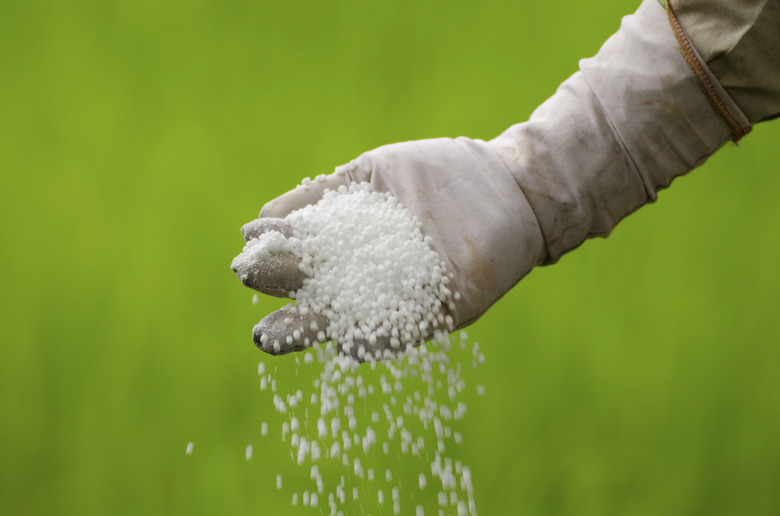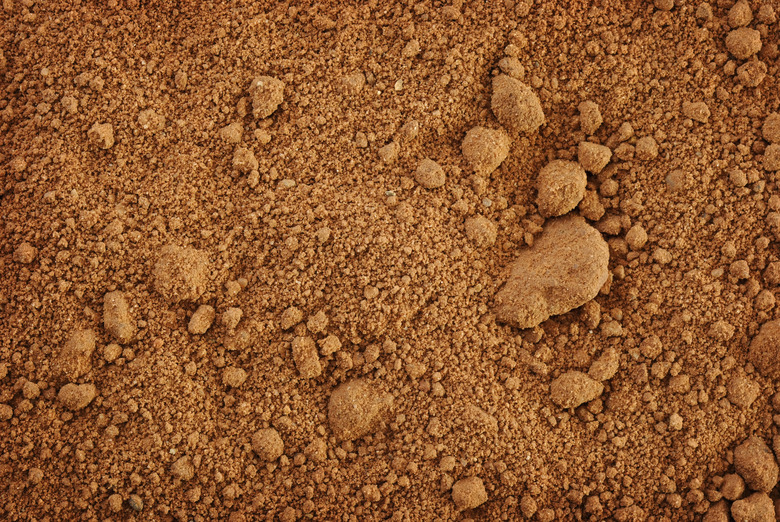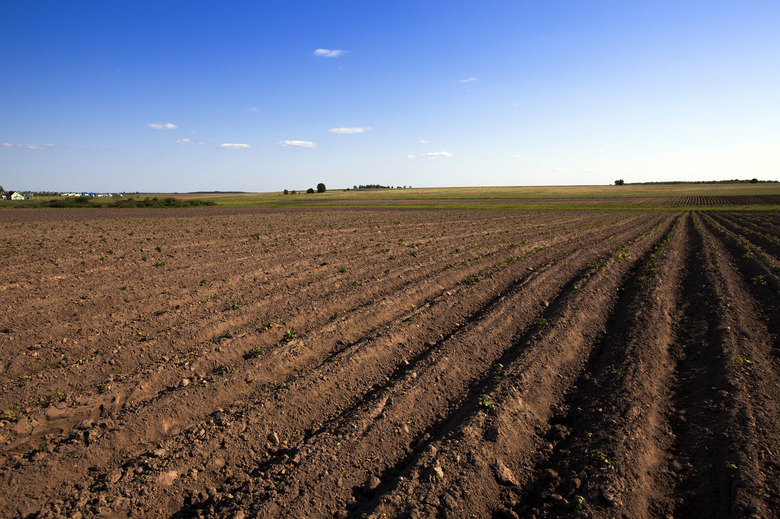Harmful Effects Of Chemical Fertilizers
Chemical fertilizers have aided farmers in increasing crop production since the 1930's. While chemical fertilizers have their place increasing plant nutrients in adverse weather conditions or during times when plants need additional nutrients, there are also several harmful effects of chemical fertilizers. Some of the harm chemical fertilizers may cause include waterway pollution, chemical burn to crops, increased air pollution, acidification of the soil and mineral depletion of the soil.
Waterway Pollution
Waterway Pollution
The use of chemical fertilizers on crops can have adverse effects on waterways caused by chemical run off of the excess fertilizer. The over-abundance of nutrients in the water reduces the amount of oxygen. The existing organisms living in the water use up the oxygen that is left. The result is oxygen depletion causing the fish to die.
Chemical Burn
Chemical Burn
Chemical fertilizers are high in nutrient content such as nitrogen. Over-application of chemical fertilizer to plants may cause the leaves to turn yellow or brown, damaging the plant and reducing crop yield. This condition is known as chemical leaf scorch. Leaf scorch can cause the leaves of the plant to wither and may cause the plant to die.
Increased Air Pollution
Increased Air Pollution
Excess nitrogen used in crop fertilization can contribute to the release of greenhouse gases such as carbon dioxide and nitrous oxide into the atmosphere. This effect is caused by using a greater amount of chemical fertilizer than the plants can readily absorb. According to the National Oceanic and Atmospheric Administration (NOAA) Climate Monitoring and Diagnostics Lab, excess greenhouse gases trapped in the atmosphere may be contributing to the increase of land and ocean surface temperatures.
Soil Acidification
Soil Acidification
The over-use of chemical fertilizers can lead to soil acidification because of a decrease in organic matter in the soil. Nitrogen applied to fields in large amounts over time damages topsoil, resulting in reduced crop yields. Sandy soils are much more prone to soil acidification than are clay soils. Clay soils have an ability to buffer the effects of excess chemical fertilization.
Mineral Depletion
Mineral Depletion
There is an increasing concern that continuous use of chemical fertilizers on soil depletes the soil of essential nutrients. As a result, the food produced in these soils have less vitamin and mineral content. According to data produced by the U.S. Department of Agriculture Nutrient Data Laboratory, foods grown in soils that were chemically fertilized were found to have less magnesium, potassium and calcium content.
References
- The Fertilizer Guide: Effects of Chemical Fertilizers
- Michigan State University: Soil Fertility in Agricultural Systems
- Colorado State University Extension: Organic vs. Manufactured Fertilizers
- University of Nebraska–Lincoln: Management Strategies to Reduce the Rate of Soil Acidification
- University of Wisconsin Department of Soil Science: Depleted Soils
- University of California, San Diego: Nitrate-Responsive Synthetic Promoter Produces Nitrate-Regulated Gene Expression in Plants





